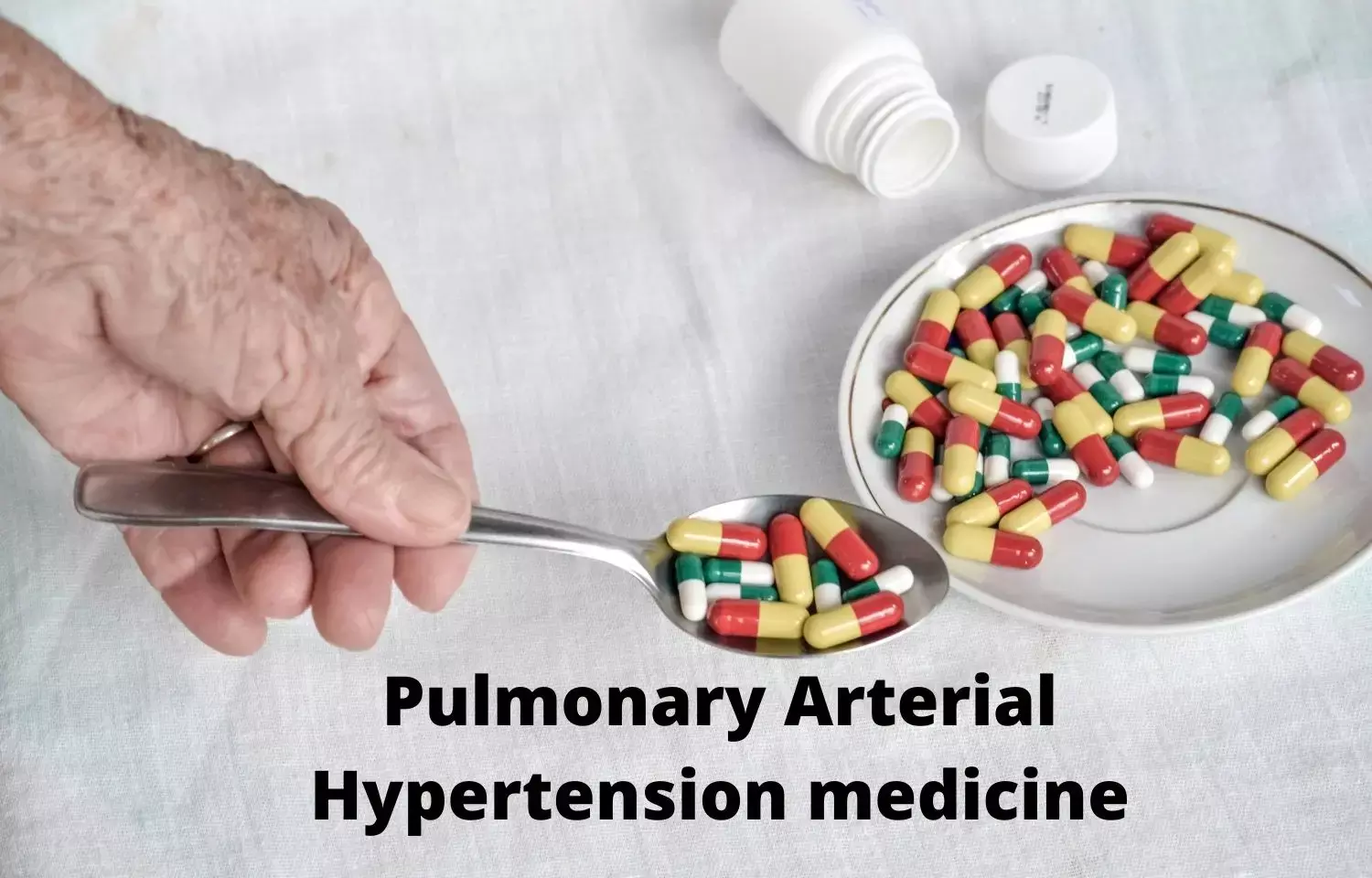- Home
- Medical news & Guidelines
- Anesthesiology
- Cardiology and CTVS
- Critical Care
- Dentistry
- Dermatology
- Diabetes and Endocrinology
- ENT
- Gastroenterology
- Medicine
- Nephrology
- Neurology
- Obstretics-Gynaecology
- Oncology
- Ophthalmology
- Orthopaedics
- Pediatrics-Neonatology
- Psychiatry
- Pulmonology
- Radiology
- Surgery
- Urology
- Laboratory Medicine
- Diet
- Nursing
- Paramedical
- Physiotherapy
- Health news
- Fact Check
- Bone Health Fact Check
- Brain Health Fact Check
- Cancer Related Fact Check
- Child Care Fact Check
- Dental and oral health fact check
- Diabetes and metabolic health fact check
- Diet and Nutrition Fact Check
- Eye and ENT Care Fact Check
- Fitness fact check
- Gut health fact check
- Heart health fact check
- Kidney health fact check
- Medical education fact check
- Men's health fact check
- Respiratory fact check
- Skin and hair care fact check
- Vaccine and Immunization fact check
- Women's health fact check
- AYUSH
- State News
- Andaman and Nicobar Islands
- Andhra Pradesh
- Arunachal Pradesh
- Assam
- Bihar
- Chandigarh
- Chattisgarh
- Dadra and Nagar Haveli
- Daman and Diu
- Delhi
- Goa
- Gujarat
- Haryana
- Himachal Pradesh
- Jammu & Kashmir
- Jharkhand
- Karnataka
- Kerala
- Ladakh
- Lakshadweep
- Madhya Pradesh
- Maharashtra
- Manipur
- Meghalaya
- Mizoram
- Nagaland
- Odisha
- Puducherry
- Punjab
- Rajasthan
- Sikkim
- Tamil Nadu
- Telangana
- Tripura
- Uttar Pradesh
- Uttrakhand
- West Bengal
- Medical Education
- Industry
Sotatercept may Reduce all-cause mortality in pulmonary arterial hypertension patients, finds research

A new study published in The New England Journal of Medicine showed that for high-risk patients with pulmonary arterial hypertension (PAH), adding sotatercept (Winrevair) to the therapy regimen helped postpone major complications.
Vascular remodeling is a major pathogenic aspect of the illness that is not immediately addressed by current therapies, which instead concentrate on vasodilation. A new experimental treatment, sotatercept is intended to address this underlying condition. The fusion protein called sotatercept binds to activin A and other transforming growth factor-beta (TGF-β) superfamily ligands and neutralizes them. The vascular remodeling that takes place in PAH is linked to this route. For individuals with WHO functional class II or III pulmonary arterial hypertension, sotatercept increases exercise capacity and postpones the onset of clinical deterioration.
In patients with developed pulmonary arterial hypertension and an elevated likelihood of mortality, the effects of add-on sotatercept are not well understood. Thus, this study by Marc Humbert and team evaluated the effectiveness of sotatercept in patients with pulmonary arterial hypertension.
The patients receiving the maximum tolerated dose of background therapy who had pulmonary arterial hypertension (WHO functional class III or IV) and a high 1-year risk of death (Registry to Evaluate Early and Long-Term Pulmonary Arterial Hypertension Disease Management Lite 2 risk score, ≥9) were randomly assigned to receive either a placebo or add-on sotatercept (elevated to target dose, 0.7 mg per kilogram) every three weeks. A time-to-first-event analysis was used to determine the primary end point, which was a composite of hospitalization (≥24 hours) for worsening pulmonary arterial hypertension, lung transplantation, and death from any cause.
There were 172 patients in all, 86 in each of the placebo and sotatercept groups. The effectiveness findings of a predetermined interim analysis led to the early termination of the experiment. 15 patients (17.4%) in the sotatercept group and 47 patients (54.7%) in the placebo group experienced at least one main end-point incident.
A total of 7 patients (8.1%) in the sotatercept group and 13 patients (15.1%) in the placebo group died; 1 patient (1.2%) and 6 patients (7.0%) received lung transplants; 8 patients (9.3%) and 43 patients (50.0%) were hospitalized due to worsening pulmonary arterial hypertension. Telangiectasia and epistaxis were the most frequent side effects of sotatercept.
Overall, sotatercept treatment reduced the risk of death, lung transplantation, and hospitalization (≥24 hours) for worsening pulmonary arterial hypertension in high-risk adults receiving the maximum tolerated dose of background therapy when compared to placebo.
Reference:
Humbert, M., McLaughlin, V. V., Badesch, D. B., Ghofrani, H. A., Gibbs, J. S. R., Gomberg-Maitland, M., Preston, I. R., Souza, R., Waxman, A. B., Moles, V. M., Savale, L., Vizza, C. D., Rosenkranz, S., Shi, Y., Miller, B., Mackenzie, H. S., Kim, S. S., Loureiro, M. J., Patel, M. J., … ZENITH Trial Investigators. (2025). Sotatercept in patients with pulmonary arterial hypertension at high risk for death. The New England Journal of Medicine. https://doi.org/10.1056/NEJMoa2415160
Neuroscience Masters graduate
Jacinthlyn Sylvia, a Neuroscience Master's graduate from Chennai has worked extensively in deciphering the neurobiology of cognition and motor control in aging. She also has spread-out exposure to Neurosurgery from her Bachelor’s. She is currently involved in active Neuro-Oncology research. She is an upcoming neuroscientist with a fiery passion for writing. Her news cover at Medical Dialogues feature recent discoveries and updates from the healthcare and biomedical research fields. She can be reached at editorial@medicaldialogues.in
Dr Kamal Kant Kohli-MBBS, DTCD- a chest specialist with more than 30 years of practice and a flair for writing clinical articles, Dr Kamal Kant Kohli joined Medical Dialogues as a Chief Editor of Medical News. Besides writing articles, as an editor, he proofreads and verifies all the medical content published on Medical Dialogues including those coming from journals, studies,medical conferences,guidelines etc. Email: drkohli@medicaldialogues.in. Contact no. 011-43720751


